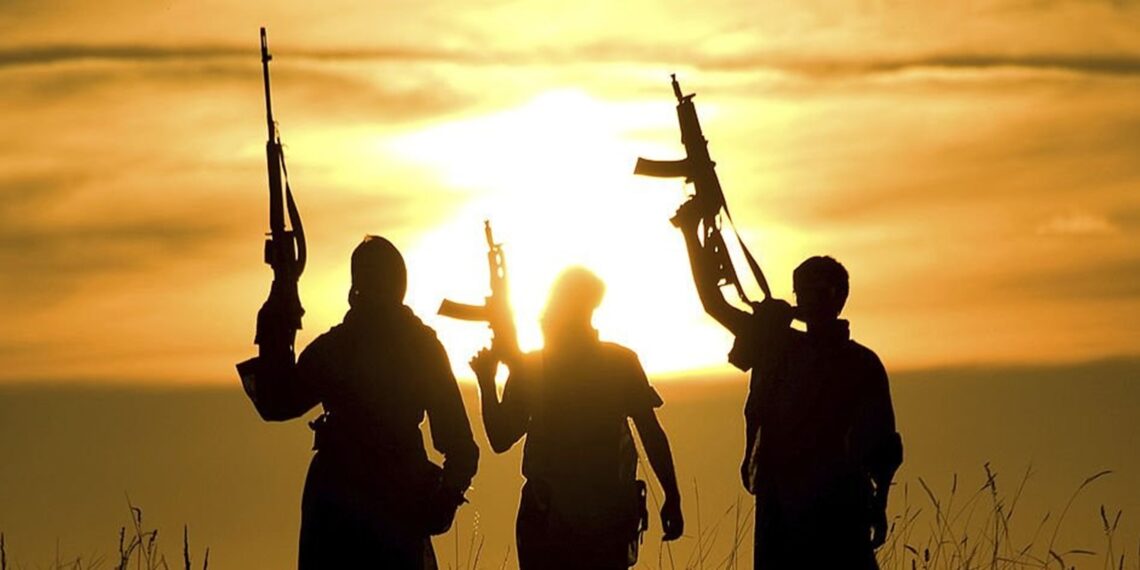New Delhi: Deep divisions have surfaced within the Lashkar-e-Taiba (LeT) and Jaish-e-Mohammed (JeM) networks following India’s Operation Sindoor, which dealt a heavy blow to both Pakistan-based terror outfits.
Despite attempts by Pakistan’s intelligence agency, the ISI, to rebuild their operational capacity, both groups are struggling to regain momentum amid growing mistrust between the leadership and ground-level cadres.
JeM chief Masood Azhar has reportedly gone underground after the Indian strikes destroyed the outfit’s Bahawalpur headquarters, claiming several members of his family.
Sources indicate that Azhar, shaken by the loss and now isolated, has largely withdrawn from direct engagement with his organisation.
Similarly, LeT founder Hafiz Saeed is said to be in hiding, wary of internal threats amid speculation that his own followers may turn against him.
The absence of both leaders has triggered frustration among their cadres, who accuse the leadership of prioritising personal safety while leaving rank-and-file members exposed.
Intelligence inputs suggest that many foot soldiers now question the motives of their commanders and the supposed religious justifications for their continued violence.
Discontent has intensified as key figures like LeT’s operations head, Zaki-ur-Rehman Lakhvi, remain out of sight, further fuelling perceptions that senior leaders live under protection while others face the consequences.
JeM members, who initially sympathised with Azhar’s personal loss, have now grown disillusioned by his prolonged silence and the circulation of outdated video messages meant to portray him as active.
Officials monitoring the situation say that while Operation Sindoor crippled both organisations, tensions have been amplified by shifting dynamics in Pakistan’s security landscape.
ALSO READ: Scindia launches Rs 635-crore development projects in Assam, unveils NEST Cluster at IIT-G
Ongoing conflicts in Afghanistan and Khyber Pakhtunkhwa, and Islamabad’s renewed cooperation with the United States, have unsettled militants who believe their leaders have strayed from the core objective of targeting India and Western allies.
Pakistan’s military and intelligence establishment, preoccupied with the Taliban, the Tehreek-e-Taliban Pakistan (TTP), and the Balochistan insurgency, appear unable to refocus on propping up LeT and JeM.
As a result, infiltration attempts into Jammu and Kashmir have seen repeated failures.
Analysts say the current crisis within LeT and JeM is not only operational but also psychological — their fighters now face a leadership vacuum and a collapse of trust that may prove harder to rebuild than their physical infrastructure.















